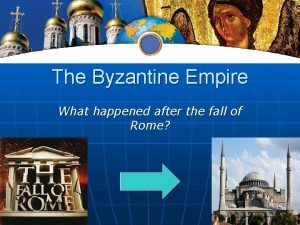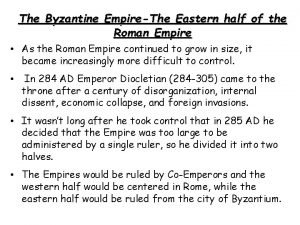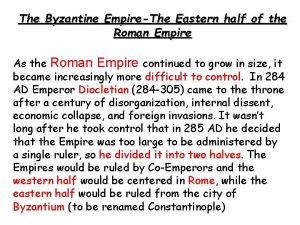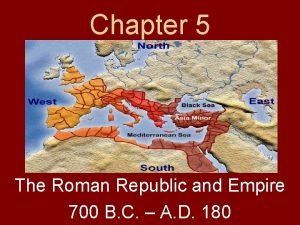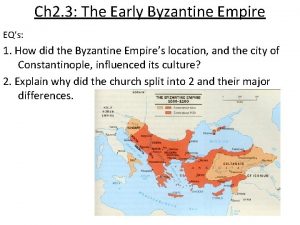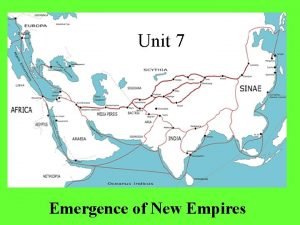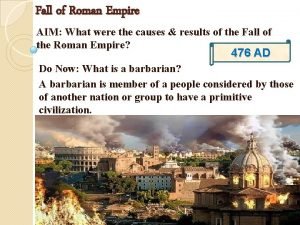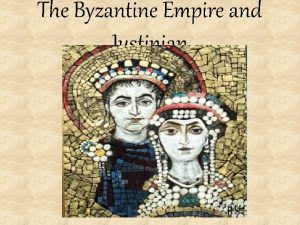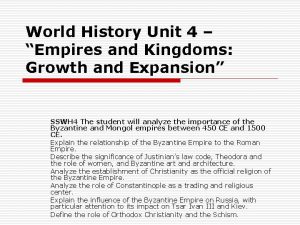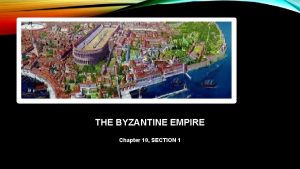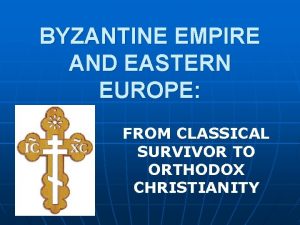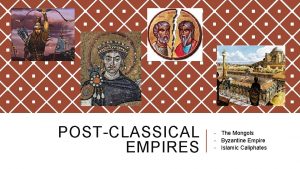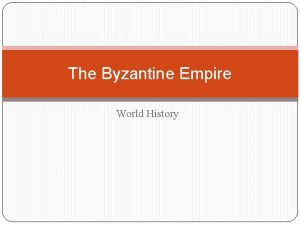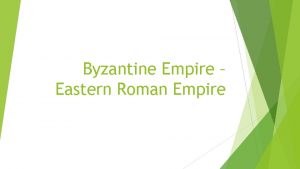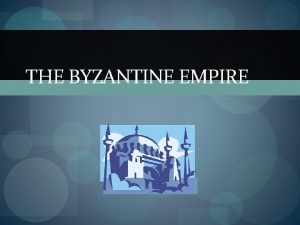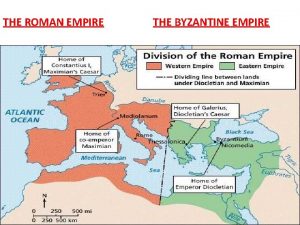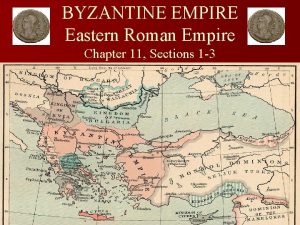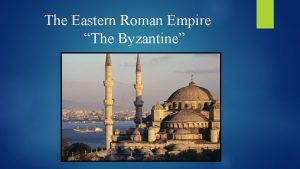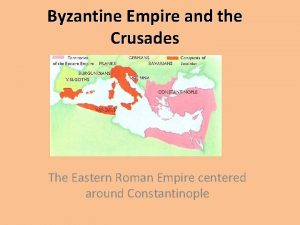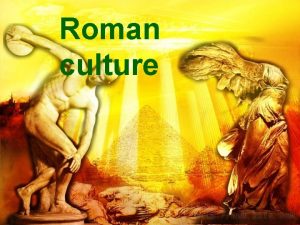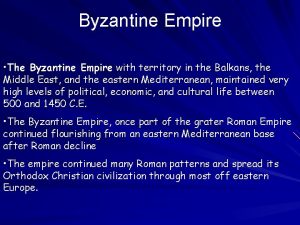THE BYZANTINE EMPIRE Byzantine Empire Eastern Roman Empire

THE BYZANTINE EMPIRE

Byzantine Empire (Eastern Roman Empire) (330 CE-1453 CE) • After a long decline, Rome fell to Barbarian invasions in 476 CE • However, Rome’s Eastern Roman Empire remained strong and united • The city Constantinople served as a perfect capitol • It was surrounded on three sides by water and the city had thick walls making it nearly invulnerable to attack • This helped the Byzantine Empire to survive and thrive for another 1000 years.

Byzantines: Are they Romans? • The Byzantines saw themselves as continuing the Roman Empire • Byzantine emperors, like the old Roman emperors, continued to be all powerful • Because Constantinople was in the East, most of its merchants and other residents spoke Greek. • At first the official language was Latin • Eventually it was replaced by Greek • They maintained an imperial system of government over a diverse population • Empires


Reasons for Survival of Byzantine Empire • Classical Cultures: Byzantium benefited from a rich infusion of Greek, Roman, Christian, and Middle Eastern cultures • Location: At the crossroads of Europe & Asia, Constantinople was a major center for trade. • Silks and spices from the East • Furs from Russia, and grains, olives, and wines from the empire itself brought great wealth. • Strong Central Government: • Ruled by a series of powerful emperors with a strong centralized administration and a single set of laws • Large Army: • Taxed merchants & peasants to support a large standing army

Constantinople: Birthplace of Christianity • The Byzantines were united by their own form of Christianity—Eastern Orthodoxy, which was separate from the Catholic Church • Unlike Catholics, Orthodox Christians did not recognize the Pope as head of their church. • Instead they had their own Patriarch, which was outranked by the Emperor • Orthodox Christians also differed by: • Using icons (images of Jesus and the Saints they saw as windows into heaven) • Views on the Trinity & the shape of the cross • Allowed Priests to get married

Hagia Sophia • The Byzantines built the Church of Hagia Sophia (Holy Wisdom)

Justinian the Great (527 -565) • Under Justinian the Great, the Byzantine Empire conquered nearly as much land as they had maintained when in the days when the Roman Empire was united. • Justinian also encouraged the teaching of classical Greek texts, preserving the epic stories and philosophical breakthroughs of the Greeks. • Justinian’s passion was church building • His greatest achievement was the Code of Justinian, where he collected all existing Roman law and organized them into a single code. • This code listed all laws and opinions on each subject • It required that all persons in the empire belong to the Eastern Orthodox faith.


![Code of Justinian excerpts • “You must [determine] the proof necessary to establish the Code of Justinian excerpts • “You must [determine] the proof necessary to establish the](http://slidetodoc.com/presentation_image_h2/48dad8489db41c743b05a07343f62c71/image-11.jpg)
Code of Justinian excerpts • “You must [determine] the proof necessary to establish the fact that you are entitled to the money which you [claim] you have deposited. ” • “He before whom proceedings are brought shall order public documents, both civil and criminal, to be produced, for the purpose of being examined, in order to [judge] the truth. ” • “Persons who wish to bring an accusation must have evidence, for the law does not permit a party to inspect the documents of the other side. Therefore, if the plaintiff does not prove his allegations, the defendant shall be discharged, even if he furnishes no evidence. “ • What legal principles do we see developed here?


The Decline and Fall of the Byzantines • The late Byzantine Empire continuously battled the Slavs and Avars to the north, the Persian Empire to the east and the spread of Islam in the south. • In the 600’s, Muslim Arabs took most of the empire’s territory in the Middle East • In the 1071, the Seljuk Turks, from central Asia, defeat the • • Byzantine empire and took possession of most of Asia Minor. City-states in Italy began to compete with Constantinople for trade in the Mediterranean The Byzantines continued to be subject to attacks from all sides By the 1440’s the Byzantine Empire was basically just Constantinople. In 1453, Constantinople was finally conquered by the Ottoman Turks

Byzantine Legacy • Preserved Ancient Cultures • The Byzantines preserved many rich ancient cultures like Greek philosophy & science and Roman engineering. • Ancient texts were preserved here, while they were burnt in the West • Code of Justinian • In consolidating Roman law into a single law code, Justinian greatly influence all later Western legal systems • The Arts • Renowned for their mosaics, painted icons, gold jewelry, and silks. • The Hagia Sophia


The Vikings • The Vikings were Warrior people coming out of far Northern Europe: Nordic People • Because of the extreme cold they relied on raiding towns for survival • This led them to develop an intense war culture • Sometimes Viking bands would settle places they liked



Russia • The Byzantine Empire greatly influenced Russia. • Russia emerged as a state in the 9 th century • Viking raiders organized Slavs in the region into a kingdom centered in Kiev. • Early Russian cities traded with the Byzantine Empire • The most important Byzantine influence on Russia was Orthodox Christianity, which Russians embraced. • Other Slavic peoples were converted to Christianity by the Byzantines.
- Slides: 19

